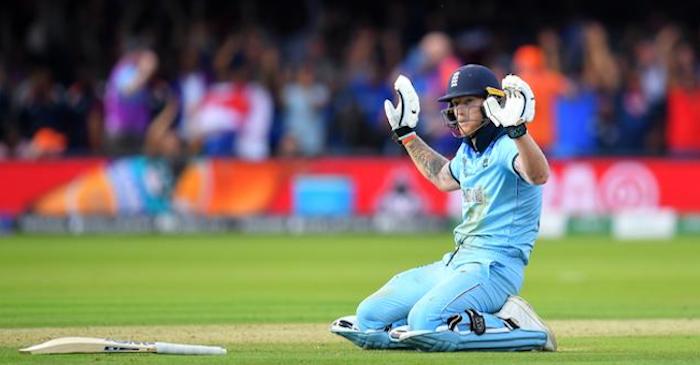It has come three months after the 2019 World Cup final winner was decided by boundary count, but the International Cricket Council (ICC) on Monday tweaked the Super Over rule from all its major tournaments.
England beat New Zealand on the basis of scoring more boundaries (fours and sixes) in their allotted 50 overs and the Super Over combined.
Following that nail-biting final, the ICC faced the wrath of fans and former cricketers over the controversial rule.
Now it has finally made changes to the rule and in case a game is tied even after the super over in case of a final or semifinal, the Super Over will be played again until there is a clear winner.
“Following on from a recommendation from the ICC Cricket Committee, the Chief Executives’ Committee agreed that use of the Super Over as a way to decide results at ICC events will be retained. Both the Cricket Committee and CEC agreed it was an exciting and engaging conclusion to the game and will remain in place covering all games at both ODI and T20I World Cups,” the ICC said in a statement.
“In group stages, if the Super Over is tied, the match will be tied. In semifinals and finals, there is one change to the Super Over regulation in keeping with the basic principle of scoring more runs than the opponent to win, the Super Over will be repeated until one team has more runs than the other.”
What if the new ICC rules were in place?
England wouldn’t have won the World Cup on boundary count if the new ICC rules come into effect. The Super Over would’ve continued and New Zealand could’ve got another chance to claim their maiden World Cup.
Cricket World Cup final leads to an ICC rule change: from now on, Super Over repeated until one team scores more runs. Had those rules been in place for 2019 final, would have been another Super Over
— Tim Wigmore (@timwig) October 14, 2019
